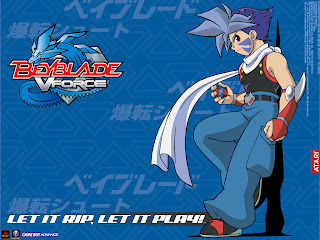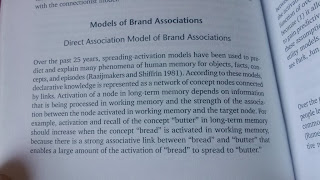So. I actually had already posted this around one hour ago.
But. Something was wrong. I felt. I was a little apathetic. Not really in the mood.
So I went out. I went to pay for the health care...something. I also bought apple juice.
I usually drink latte around 4/5PM. But today, for a change, I bought juice.
And I think I now understand what sparking creativity means.Not that this post is creative, but this change of mood, somehow felt like that. A spark. My brain started working in a different way. When I decided to buy juice instead of having latte.
I'm starting to distinguish my moods more clearly. Like what I'm feeling at the moment. What are the best moments to read, to watch tv, to write, etc. Or what to do for a mood change. When, or where I feel better doing my stuff.
Also. I read a chapter of branding literature, and while I was reading it, I began associating it with my process of English and Japanese language acquisition. They are kind of alike.
If you are learning a language through grammar books and word lists alone, that won't get you anywhere anytime soon.
You see, you need context. Word lists give you no context. Memorizing words without context is time consuming and in the end, you don't know how the word. Of course for more universal words that have no synonyms (except for slang perhaps) like Apple or Dog, you don't really need to worry about context.
This is specially important in a completely foreign language. In my case. Japanese and Chinese.
English is similar to Portuguese to some extent and I started using it on a daily basis since a very young age. Plus, the writing system is the same.
But Japanese and Chinese are different. The writing system is completely different. You can't get used to it just like that. Not only you need to recognize the characters, as you have to learn readings. And grammar, completely different from the ones you're used to.
In this case. In a completely foreign language, learning word lists is worthless. You'll never learn the words in the lists if you don't use them or see them being used.
Japanese and Chinese have, just like Portuguese or English, lots of similar words for the same meaning. Words with the same meaning but with different usages. So how are you going to distinguish them? How are you going to use them correctly?
Context.
You need to associate those individual words with others, for instance, in a sentence, to effectively retain it in your long term memory.
So. I'm still a newbie and I'm far from knowing a lot about branding so I'm just going to limit myself to the basics. In basic language.
If one wants a brand to succeed one has to make it desirable to the eyes of the consumer.
If one wants a brand to get recognized by the consumer one has make the brand assertive. Make it better than the rest. Make it desirable. Give it a name. Put on some attractive colors on it. Make the brand say something sexy (the motto, the catch phrase) that will make consumers even hornier. Create sexy, sleek, harmonious products.
And there you go! The brand will be a language. Now, you want people to start learning that language. (Just like when countries need to promote their language in order to have more people studying it, more international students and tourists coming right?)
But how?
Marketing.
You have to make consumers use the language. Get in touch with that language. Consciously, or even unconsciously.
Get them used to it. It will be in their environment. TV commercials. Internet. Even radio. Celebrities using it. Characters using them in TV series and movies. Their smartphones. Their tablets. And let's stop here. This will be their "context". They will be so involved in it, they will will start not even noticing it.
That's how I learned English and Japanese. Even though I didn't understand what was being said at first, I continued being surrounded with English as a kid, through Video-games and TV. And as a young adult in the case of Japanese, with TV series, Podcasts, Video-games. I got unconsciously used to the languages (in the case of Japanese it was on purpose). And it worked!
Now back to our consumers. They are surrounded by the language and getting more and more fluent everyday.
Okay.
You have heightened expectations through context. If they have expectations is because they are "studying" the language (got interested in the brand product). Now they want to get fluent. Fluency, that is, having the product.
Horny customers will reach climax when they finally get to have the product in their hands. So, because they are so eager, they are willing to pay a premium price. They might not even realize that that is a premium price.
So the consumer bought it. Now he/she can get along with other language speakers. Now they have become the same person. Now there will be no communication problems, because they can understand each other. The need was met. Nirvana. The newly fluent speaker feels good, feels satisfied, he's proud of him/herself. He can relate to people who use the same language (aka, artists, athletes or other influential people who use those brands).
However, since there are three kinds of needs (functional, symbolic and experiential), several kinds of brands, several kinds of consumers, this little story could have been written in several different ways. And the story could continue, but not really worth it. I already made my point.
Have a nice Sunday. Love.























